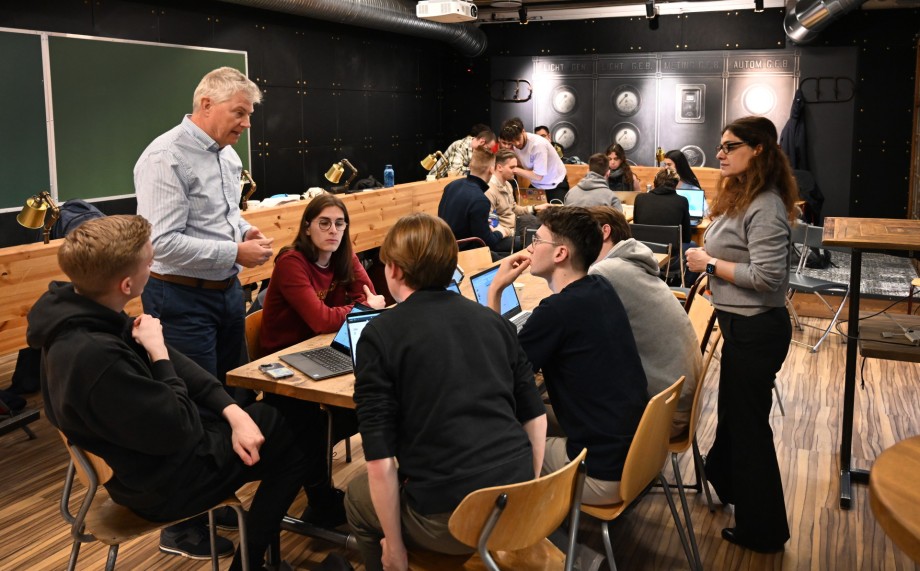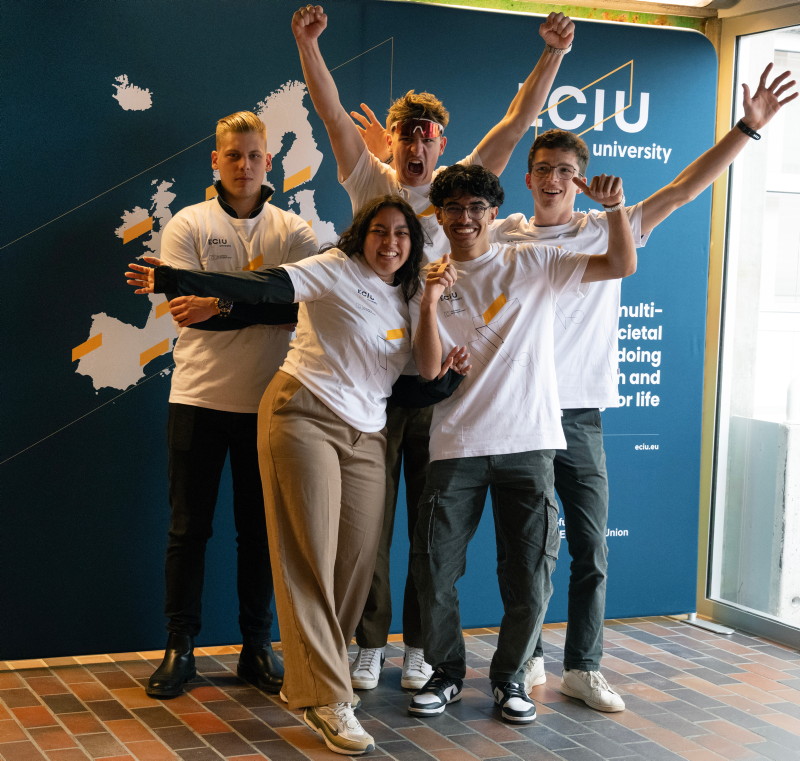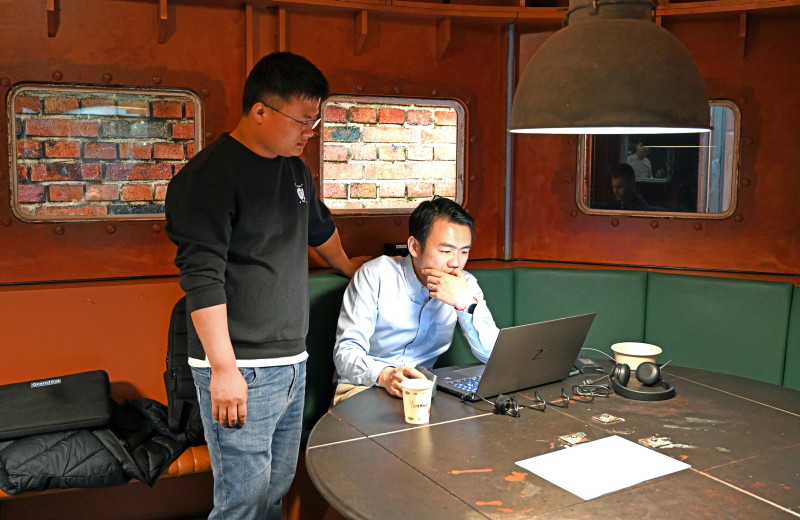How can we build wind installations in the sea with the least possible environmental impact? That was the task for 38 ECIU University students last week.

Two companies, NorSea and Flex2power, challenged students from engineering and other studies to develop smart ideas. The challenge ended with a five-day workshop in Stavanger.
Reduced environmental footprint
NorSea plans to turn a quarry not far from Stavanger into a development facility for large concrete substructures for wind turbines. This will lead to more natural interventions and pollution both on land, to water and in terms of more noise and light.
The seven student teams developed their own solutions to reduce such environmental footprints. One of them was to create a pool with dikes and locks so that the constructions can be built below sea level, with reduced noise and visual pollution as a result. Another was to create a “bubble wall” under the water that will keep the wild salmon away from the polluted area.
"Inspiring"
"It has been very inspiring. The students come up with new angles on ideas we have considered earlier. They are on the track of something, which may lead us to take up these ideas again. Offshore wind needs new ideas, says Toralf Ekrheim of NorSea.

Worley Rosenberg is a company that develops its own technology for offshore wind power, called Flex2Power. This is a concept for flexible platforms that move in the sea, collecting energy from both wind turbines, wave movements and sunlight. The student teams developed various technical concepts to make their operation more efficient and sustainable.
"You have learned something about our industry and in return we have received ideas from you," concluded Knut Høiland from Flex2Power after the various proposals had been presented and two winning teams had been selected by a jury.
Challenges and micro-modules
This student challenge was organised by University of Stavanger through its European university alliance, ECIU University. 13 universities in Europe work together to offer challenges and micro-modules that students across the network can apply to join. The students learn interdisciplinary cooperation, project work, communication and intercultural skills, and receive study points for it.
"It has been a great opportunity for us to come to Stavanger and work together with students from other countries," says Lancelot Tostain from the French university INSA Rennes.
"It has also been interesting to learn about the Norwegian offshore industry," says fellow student Celia Ploye.
"Important to UiS"
Yihan Xing, professor of mechanical engineering and underwater technology at the Faculty of Science and Technology, has embraced the Challenge-based learning (CBL) pedagogy, which is part of the ECIU University’s offer to students.
"I think this is very interesting. We have had 38 European students here for five days. To promote UiS as an interesting place to study and live, this is very important. I also think that the students have liked it here. We have received quite good feedback," says Xing.

He is impressed that the students, who had different backgrounds and in many cases were at bachelor level, got a good understanding of important concepts within offshore wind.
"The two groups that received the prize for the best solution, won because they came up with very good proposals that are not only well thought out, but also practical and well presented", says Xing.
Want to know more? Visit our website about the ECIU University initiative.